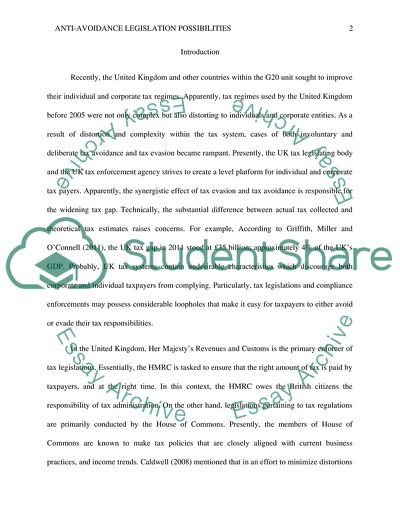Cite this document
(Tax: anti-avoidance legislation possibilities Essay, n.d.)
Tax: anti-avoidance legislation possibilities Essay. https://studentshare.org/finance-accounting/1863936-tax-anti-avoidance-legislation-possibilities
Tax: anti-avoidance legislation possibilities Essay. https://studentshare.org/finance-accounting/1863936-tax-anti-avoidance-legislation-possibilities
(Tax: Anti-Avoidance Legislation Possibilities Essay)
Tax: Anti-Avoidance Legislation Possibilities Essay. https://studentshare.org/finance-accounting/1863936-tax-anti-avoidance-legislation-possibilities.
Tax: Anti-Avoidance Legislation Possibilities Essay. https://studentshare.org/finance-accounting/1863936-tax-anti-avoidance-legislation-possibilities.
“Tax: Anti-Avoidance Legislation Possibilities Essay”. https://studentshare.org/finance-accounting/1863936-tax-anti-avoidance-legislation-possibilities.


